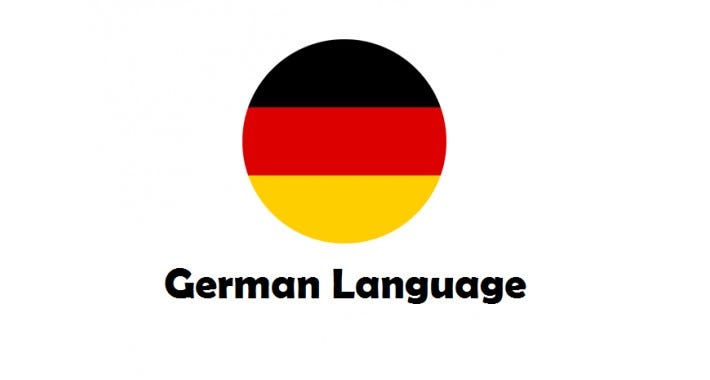
German Language
Importance of learning German
Learning the German language is a crucial step towards preparing for life in Germany. It offers numerous advantages, from helping you adapt more swiftly to your new environment to facilitating the process of making new friends. In some cases, demonstrating a specific level of German proficiency is not just beneficial but essential. Here’s how the language requirement applies to various situations:
- Healthcare Professions: If your goal is to work in the healthcare sector in Germany, particularly as a nurse or doctor, a solid command of the German language is paramount. The required level of proficiency may vary depending on the federal state you intend to work in, but it typically falls within the B1 or B2 range of the Common European Framework of Reference for Languages (CEFR). It’s important to note that recognition is also necessary to practice regulated professions in Germany, such as teaching or law, which also demand proficiency in German. For more information on recognition procedures and language certificates, you can refer to the “Anerkennung in Deutschland” portal and seek personal advice from the Service Center for Professional Recognition (ZSBA).
- German for Students and Trainees: If you’re applying for a German-language degree program in Germany, you’ll need to demonstrate the language skills required by the higher education institution. Prospective trainees should also possess the necessary German language proficiency to commence their training in Germany. Additional information can be found in the “Study” or “Training” sections.
- German for Spouses: Proficiency in the German language is crucial for swift integration into the workforce and society. Moreover, it can contribute to your family members feeling more at ease in Germany. If you’re applying for a visa for your spouse or children to join you in Germany, they may not need to provide evidence of their language skills under certain conditions. This exemption applies if you possess one of the following residence permits:
- EU Blue Card (Section 18b para. 2(2) of the Residence Act [AufenthG])
- ICT Card and Mobile ICT Card (Sections 19, 19a AufenthG)
- Residence permit for skilled workers (Section 18a AufenthG or Section 18b para. 1(1) AufenthG)
- Settlement permit for highly skilled workers (Section 18c para. 3(3) AufenthG)
- Residence permit for research purposes and mobile researchers (Sections 18d, 18f AufenthG)
- Residence permit for other employment purposes; civil servants (Section 19c AufenthG)
- Residence permit for the purpose of self-employment (Section 21 AufenthG)
- German Language Skills as Visa Requirement: In certain cases, a specific level of German proficiency may be a visa requirement:
- For vocational training, a B2 level of German is typically required.
- For vocational training recognition, a B1 level of German is generally necessary.
- A minimum A2 level is often required for visas related to the recognition of foreign professional qualifications.
In summary, the German language plays a pivotal role in various aspects of life in Germany, from professional pursuits to family integration and visa applications. Understanding and meeting the specific language requirements for your situation can greatly enhance your experience and opportunities in Germany.

German language training is provided to our students at absolutely free of cost!!!
Register Now
